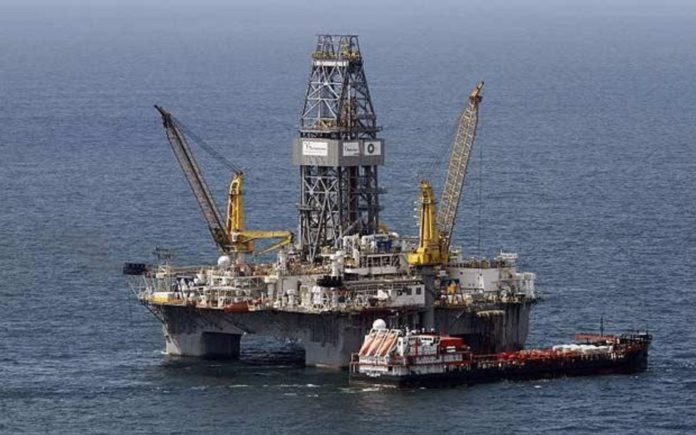
Ghana’s total earnings from exports of crude oil, production activities, surface rental and corporate taxes for 2023 witnessed some significant decline.
A review of Ghana’s Petroleum Funds report by Joy Business from 2022 to 2023 showed that it fell by more than $400 million.
In 2022, Ghana recorded $1.424 billion as total receipts compared to the $1.062 billion in 2023.
Again, the government registered $364 million in 2023 concerning corporate taxes paid by the oil exploration companies operating on Ghana’s oil fields compared to $388 million in 2022.
Savings from commercial production of crude oil since 2011
Ghana’s Petroleum Revenue Management Act (2011) (Act 815), established and defined the objectives of the Ghana Stabilisation Fund. The object, as defined under the Act, is to cushion the impact on or sustain public expenditure capacity during periods of unanticipated petroleum revenue shortfalls.
On other hand, the Ghana Heritage Fund is to support the development of the future generations when petroleum reserves have been depleted.
The Ghana Stabilization Fund and the Ghana Heritage Fund have important differences in their investment objectives. The Ghana Stabilization Fund with a short investment horizon and the investments are highly liquid and conservative to be able to meet unanticipated withdrawals.
The Ghana Heritage Fund is to create wealth for future Ghanaian generations with the long-term investment horizon, and the ability to take risks and benefit from illiquidity.
The 2023 Ghana Petroleum Funds report showed that the Ghana Stabilization Fund was estimated at $190 million ending December 2023.
The Ghana Heritage Fund had more than $1 billion. This means that Ghana has been able to save $1.2 billion, through savings of these two funds as well as the investments.
These funds are held in offshore at the Federal Reserve Bank of New York as the Bank of Ghana‘s Petroleum Holding Fund Account.
READ MORE:

